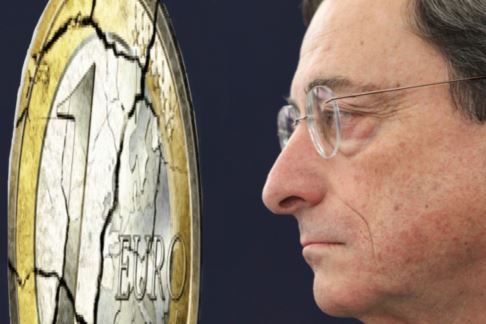Over the last couple of years, the main challenge to EU cohesion has been Brexit, with the media sharply focused on the negotiations and all relevant developments. Since the release of the draft withdrawal agreement, largely perceived as a victory for the EU, those who support the European project and believe in a strong leadership from Brussels have projected confidence and optimism for the future. According to these voices, the divisions caused by the rise of nationalism and populism in the past years are healing, the relationship between member states is normalizing, while a future of stability and harmony awaits.
However, such a vision might prove naive, as it discounts a much greater risk to the EU than Brexit ever was: the political and economic powder keg that is Italy. Continue reading












